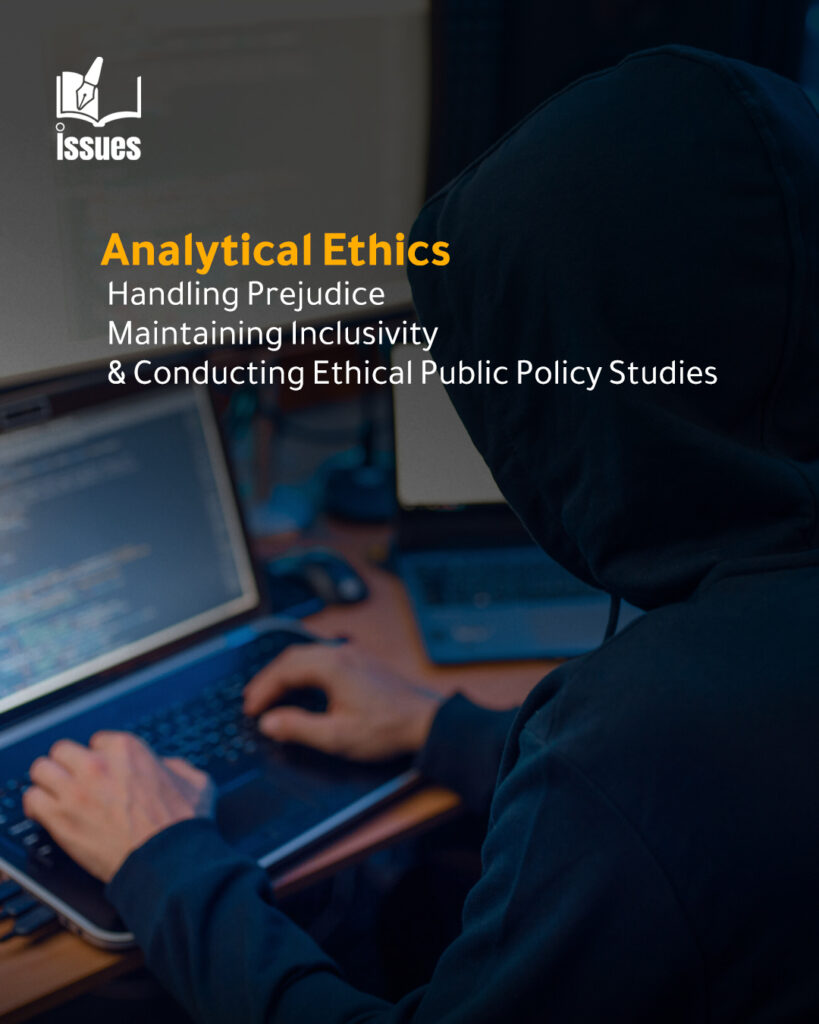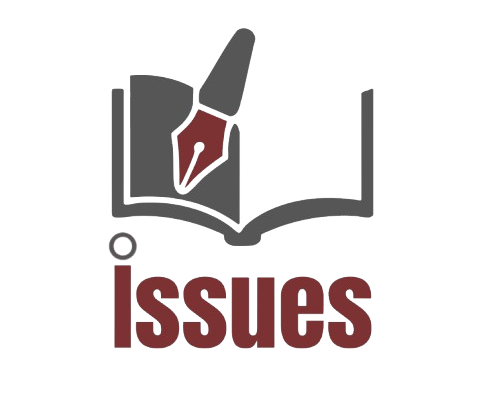Every study on public policy is an assessment of people’s lives, realities, and futures rather than merely statistics, polls, or theories. Because of this, ethics is a fundamental component of responsible research rather than an afterthought.
Neglecting ethics by researchers and politicians can have serious repercussions, such as promoting inequality, stifling minority opinions, or influencing choices that inadvertently hurt communities.
This article examines the three crucial facets of moral public policy research: accountability, inclusion, and prejudice.
1. Handling Bias: The Unspoken Factors
One of the biggest problems in research is bias. It may come from the way we create surveys, select samples, analyze data, or even from institutional or individual viewpoints.
Common biases include, for example:
– Selection bias is the practice of only researching populations that are more accessible.
– Confirmation bias is the tendency to perceive data in a way that confirms our preconceived notions.
– Cultural bias is the practice of analyzing civilizations with drastically different systems using frameworks from one environment (such as Western democracies).
How to deal with it?
– Be open and honest about your approach.
– Incorporate external critique and peer evaluation.
– To balance viewpoints, use data from a variety of sources.
2. Promoting Inclusivity: Whose Opinions Matter?
Asking who is represented and who is excluded from this research is a key component of ethical analysis.
Communities are impacted by public policy in numerous ways, but historically, studies have frequently ignored the perspectives of women, minorities, refugees, and individuals with disabilities. This omission degrades the quality of the evidence in addition to undermining impartiality.
For research to be inclusive, it must:
– Deliberate outreach to underrepresented populations.
– Employing participatory methods in which research questions are shaped by communities.
– Presenting results in a form that is easy for non-experts to understand.
For instance, a housing policy research conducted in Gaza City that just polls middle-class families would be missing the realities of low-income or displaced households, producing inaccurate findings.
3. Taking Responsibility: Going Beyond Data Gathering
Doing no harm is only one aspect of ethical research; another is actively advancing justice and accountability.
This implies:
– Obtaining informed consent before beginning any data collection.
– Maintaining secrecy, particularly in delicate situations.
– Disseminating research results beyond academic or policy circles to the communities being examined.
– Keeping in mind the power relationships that exist between participants and researchers.
For instance, respondents may feel under pressure to provide answers in particular ways when NGOs poll people in conflict areas. To promote authentic engagement, ethical research necessitates recognizing these interactions and establishing trust.
In conclusion
Analytical ethics is essential to ensuring that research genuinely advances the public interest; it is not an optional bonus. Credible and just findings can be produced by researchers and policymakers by avoiding prejudice, maintaining inclusivity, and participating responsibly.
At ISSUES, we consider ethical research to be high-quality research. Evidence runs the risk of becoming just another exclusionary instrument in the absence of ethics. When ethics are present, it forms the basis for significant and fair change.


